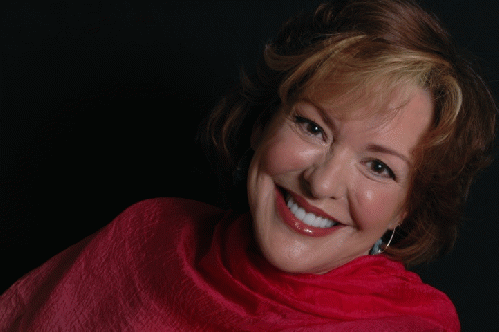Trial by Fire, the Backstory of Second Nature
Welcome back to the conclusion of my interview with best-selling author, Jacquelyn Mitchard. Welcome back, Jackie.
JB: Is it hard to find professionals to coach you on the various topics you need to develop expertise for your books? Do you ever feel that you've worn out your welcome?
JM: No, I never feel that I've worn out my welcome. I just did another exhaustive bit of research, this on tsunami and training horses for show jumping. People just want you to get it right. They are more than happy to share what they know. Even famous people. It's not a bother to them; if they love it, they want to talk about it. One thing I learned from all my years as a reporter is that you can call anyone and that person will usually pick up the telephone.
Once, I called Queen Elizabeth II. I was writing a story about famous people and how well they sleep. Of course, it was 4 in the afternoon in the Midwest and thus about two a.m. in the UK, but I said, "Hello, I'm calling from Milwaukee Wisconsin. May I speak to her Royal Highness Queen Elizabeth please?" The guard said, "Well, I'm rather sorry. She's asleep just now. It's the middle of the night."
I said, "Well, that's exactly what I'm calling about. Is her Majesty a good sleeper? Or does she have a hard time?" The guard said, "Oh no. Absolutely tops. She passes a very good night every night, a full eight hours." You just pick up the phone and call, and if the first person says no, there's no time, ask who you should call instead. Ask who the real expert is. Chances are, that will change the person's mind and he'll talk to you.
JB: I love it! Great psychology. That's right; I knew you were a reporter because a friend of mine from Milwaukee mentioned that she used to read your column. What did you write about and was journalism helpful in your book-writing?
JM: I wrote a column called 'The Rest of Us,' and it was about that... as in, it wasn't for politicos or hydroponic gardeners or yoga masters or people who can do the Friday crossword in the New York Times -- much less the Sunday -- it was for the rest of us, who have more questions than answers, who just keep muddling through, alternately despairing and marveling at the pageant of life.
I became a reporter when I was 19 years old, and it was the best possible training in two ways for someone who would write books. I learned that you can ask anyone about anything and, generally, that person is going to tell you what you want to know and even more than you want to know and certainly more than you would ever write down. Being a reporter also taught me to never waste a word, to write lean and make every word a choice, because I had fifteen inches, or ten, or, on a big day, thirty. Most importantly, it taught me to get it right. People can say about my stories, oh that was so clunky and stupid. But they can't say it's wrong.
JB: As my readers can attest, writing lean is a skill I've not yet mastered. How do you decide if an idea will translate best into a book for young adults or adults? Is it hard to flip from audience to audience? It sounds challenging.
JM: It's not hard to flip. I love writing both kinds of stories. I'm very immature. Truly, I think that in some essential ways we all remain about fifteen years old for life (waaaah! my best friend likes somebody else better!) Stories that are part of what we consider the American canon (such as A Tree Grows in Brooklyn , such as To Kill A Mockingbird , such as The Adventures of Tom Sawyer ) are, if you will, "Young Adult" stories only because they have protagonist characters who are children or teenagers. And that's really it, or it's "it" the way I think of it.
I am now editor in chief of Young Adult [YA] only imprint. When I write (or edit) YA stories, they are about young people rather than absolutely, strictly intended for young people. One of the best novels I've ever written, certainly the most critically acclaimed, was called All We Know of Heaven , about sixteen-year-old girls, raised together, best friends, similar in appearance, so badly injured in a motor vehicle accident that it was, for a long time, impossible to tell which girl died -- and the assumption made was wrong. This actually happened twice in real life situations, because trauma, and then a full-trauma resuscitation, is just guts-out, a fight for your life that can have a huge toll physically.
The story is about the anguish of the family whose daughter turned out not to be dead, after her family believed they had buried her, the guilt of their relief and joy, and the lasting consequences for the girl, feeling that her survival was somehow a caprice of fate. What you will not find in my YA books (or the ones I edit) are transitory pop culture references or "teen speak" I find pandering (such as "gonna," or "freakin' awesome" or "totes"). I may hear those things, but I don't write them. I have three teenage daughters, and three sons who are adults in their early to mid-twenties and you just don't pander to your readers. You respect them even better than they respect themselves. You write up to them.
(Note: You can view every article as one long page if you sign up as an Advocate Member, or higher).






